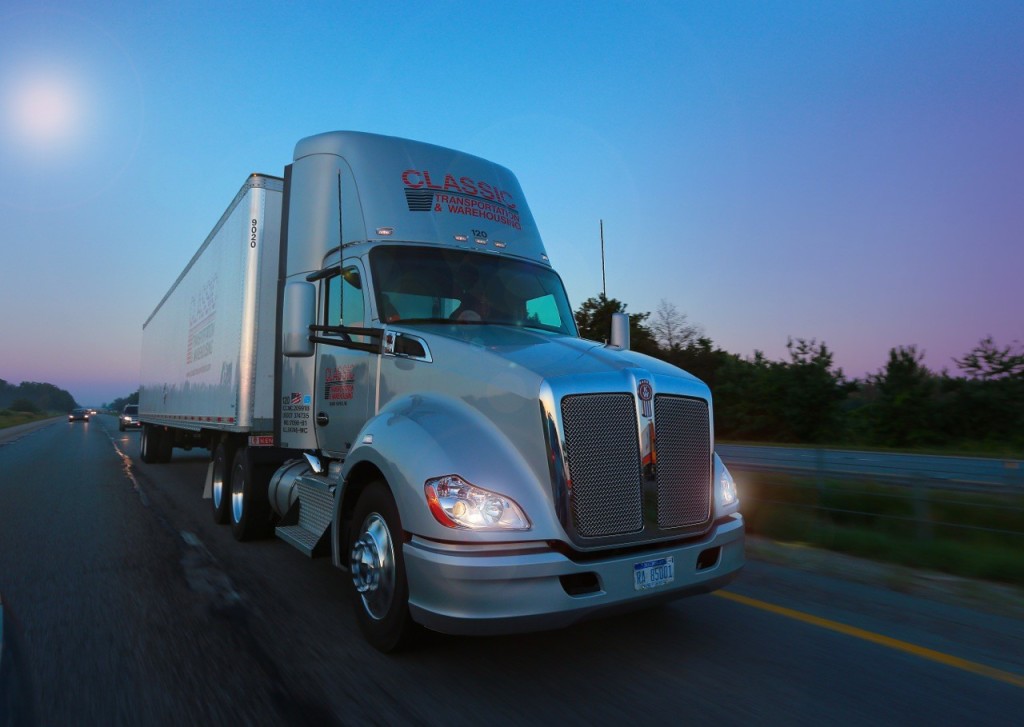 When choosing a domestic transportation partner for those larger shipments, one must consider the load size and commodity. Shipping services and rates will depend upon several factors, including the freight’s weight and type, along with the distance it travels. Some transportation companies specialize in certain types of truckloads. It is important that your warehousing and transportation partner understands which mode is the most cost effective for you, and provides safe transit for your product.
When choosing a domestic transportation partner for those larger shipments, one must consider the load size and commodity. Shipping services and rates will depend upon several factors, including the freight’s weight and type, along with the distance it travels. Some transportation companies specialize in certain types of truckloads. It is important that your warehousing and transportation partner understands which mode is the most cost effective for you, and provides safe transit for your product.
You have multiple options for these large domestic shipments:
Less-than-Truckload (LTL): This type of freight is for shipments too small to fill an entire truckload, and is able to share space with other clients’ products. Some carriers specialize in these types of shipments and they can sometimes be more cost-effective, depending upon the type and amount of product. Most LTL carriers follow a “20 linear feet or less rule” for space usage per shipment. There are also carriers which may perform “milk runs” with multiple stops to pick up and drop off other shipments, or to pick up at multiple sites with a single destination.
Full Truckload (FTL): In this case there is typically enough product to fill an entire truckload and the carrier provides exclusive use so clients do not have to share space with other outside products. FTLs are generally shipped via a semi-trailer filled entirely for one direct delivery stop. FTLs are beneficial because the product does not risk contamination through contact with other products and will not switch trailers at any point while on route. This direct-to-destination movement results in decreased time in transit and reduces exposure to damages because there is no need for cross docking.
Intermodal: This refers to the use of both road and rail transportation and is most often utilized when your shipment needs to travel a longer distance. It can be cost-effective and, just like over the road equipment, there are 53’ rail trailers available. This type of shipping often results in increased transit time over LTL or FTL shipments. Usage of this mode does have an increased safety benefit, much like FTL, because the product is not cross-docked until it arrives at its destination.
At Classic Transportation and Warehousing, we can help you figure what transit mode works best for your specific shipping needs. Our knowledgeable warehousing team can also help ensure that your products are packaged and loaded for safe transit. Whether you need FTL, LTL, Intermodal, or a combination, contact us and let us help you succeed in making the best choice.





